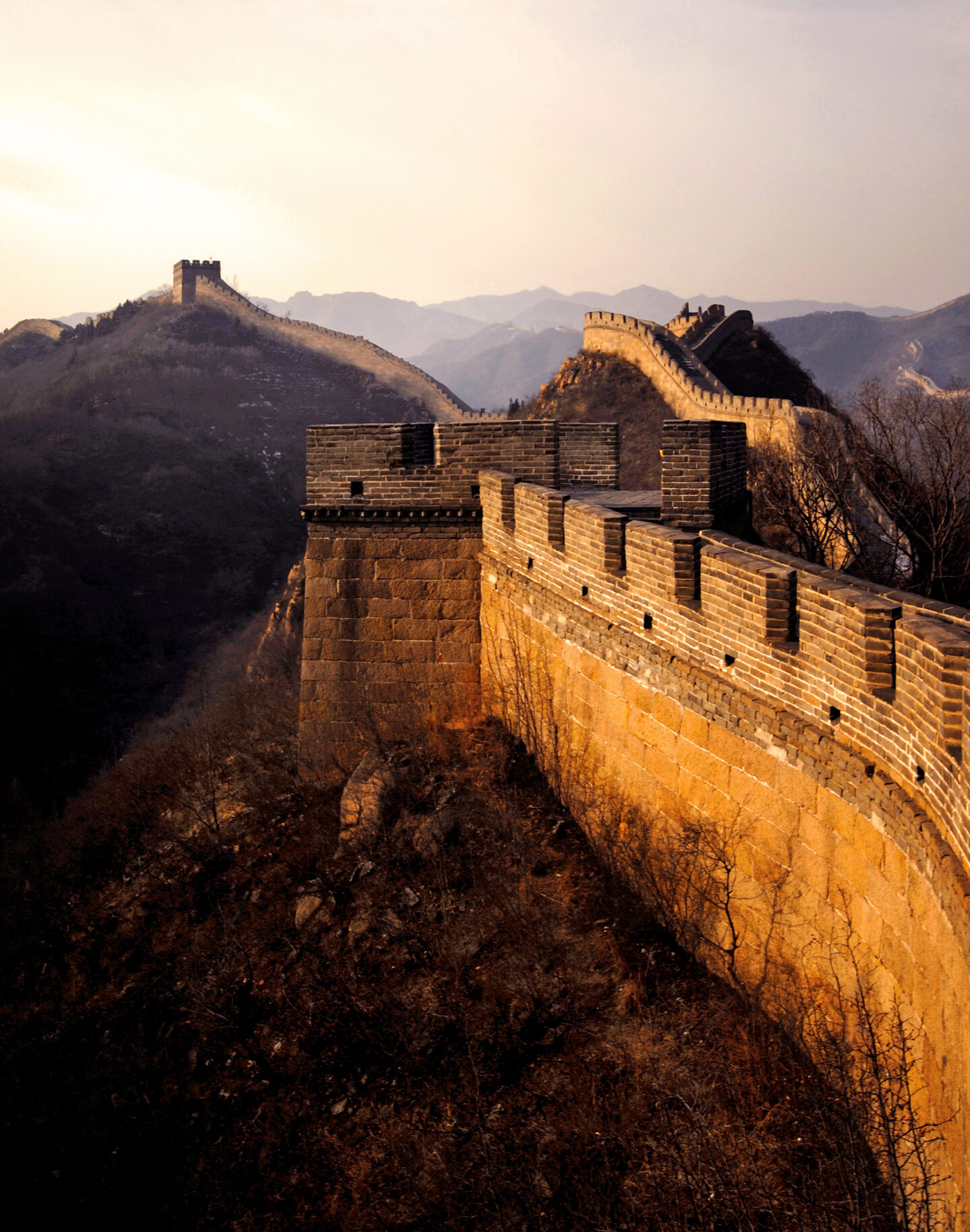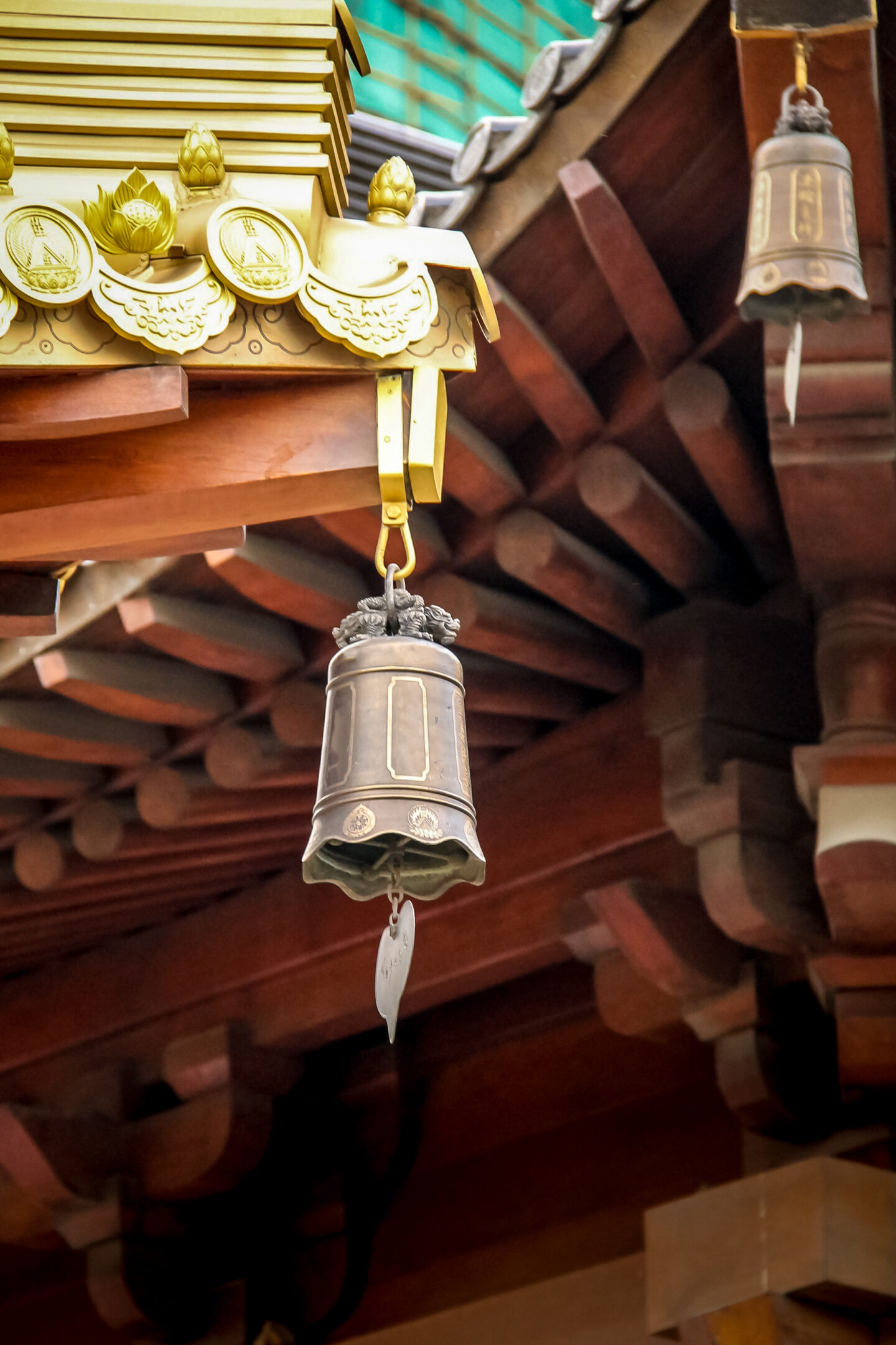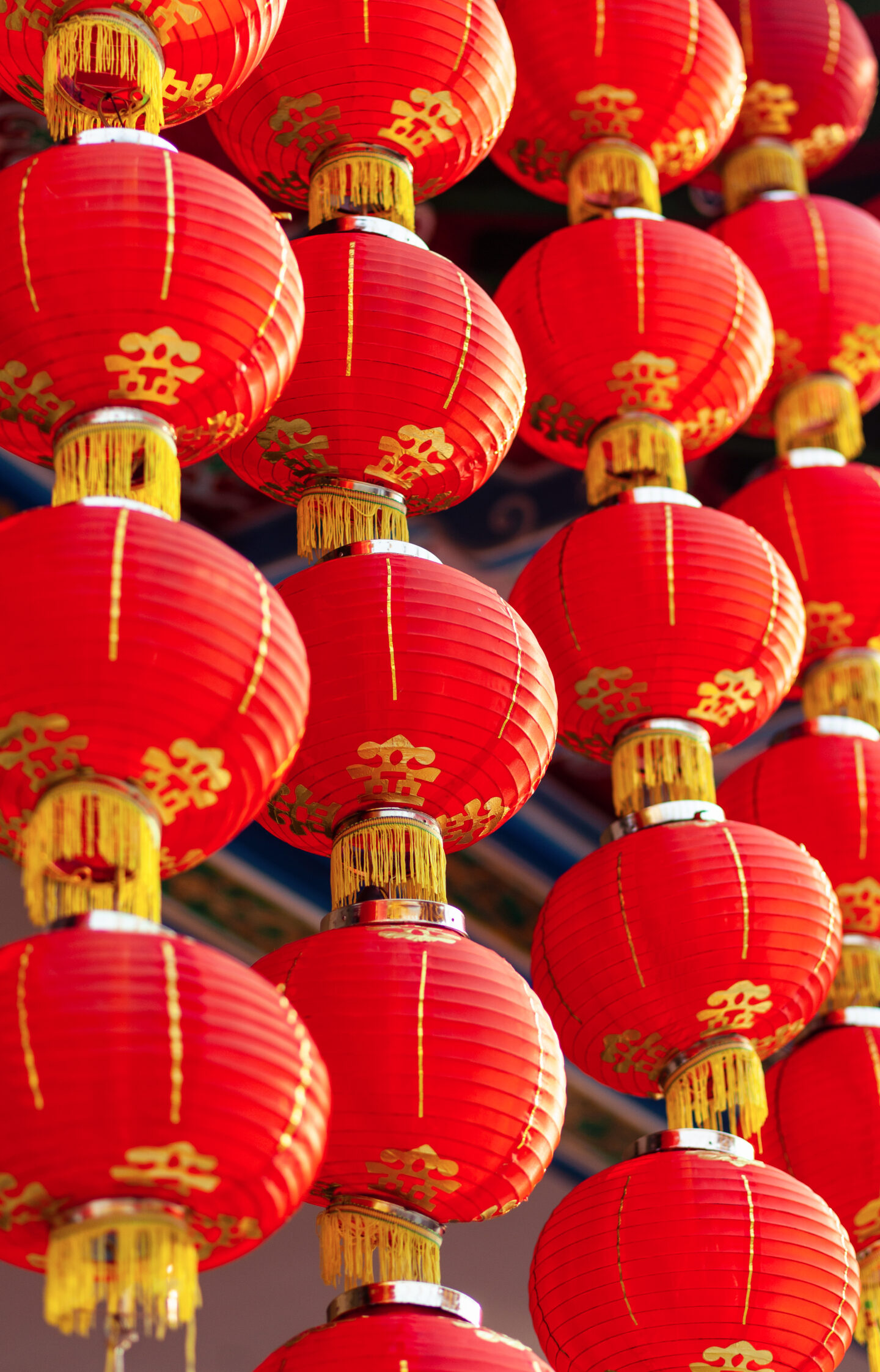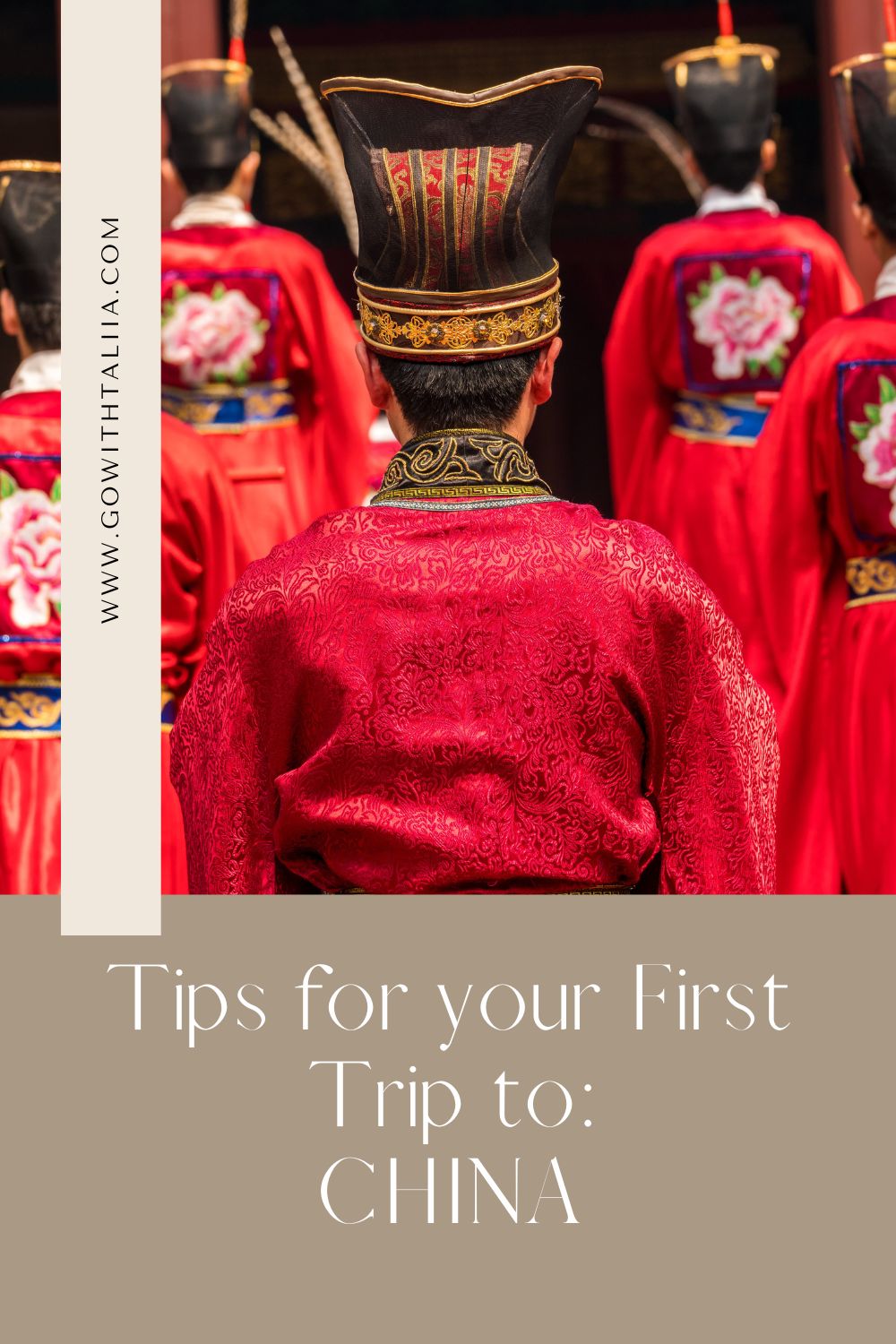China is a vastly overlooked country in terms of tourism that is expanding it’s tourism reach. Though large in it’s own respect, China offers a holiday getaway for nearly everyone. It is even quite common for the Chinese to vacation in different parts of their own country. Below are some useful trips for your first trip to China.
Each region of China being different and distinct from the next, there are things worth noting for any part of the country you decide to visit. When I arrived in China, it was nothing and everything I thought it would be. Yes, China IS different. There is just a different way of life and different culture with different social expectations. What do I mean by “social expectations”? It means that us Western people may not be accustomed to certain ways of life that are the norm in China.
Regardless of such differences, ever since the 70’s China is coming onto the radar for travel and work. Getting to China is half the battle. Below are a few useful tips to keep in mind for your first trip to China.

Plan Your Trip and Itinerary
The best part of a trip is the planning. There is so much to see, do, and eat in nearly every place in China so once you commit to some sort of roadmap for your trip, start memorizing the address to your hotel. Also, book your flights and hotel as soon as you feel comfortable but know that in order to obtain a visa, you must have all this information ahead of time.
Get Your Visa
After you’ve booked your tickets and hotel, download a visa application or work with a tourist agent that can help expedite the visa process for an additional fee. I recommend going with the agent to send in your application as it is treated slightly better than doing it yourself. Think VIP treatment instead of waiting in line for hours. The process is easy and the application straight forward. You will need a passport photo for it so do that ahead of time. Once you get your visa take a look at how long you are allowed to stay in the country for each trip. Each visa will have an expiration date and amount of days you’re allowed to spend in China for each time you visit.
Language Translating App
I like to use Pleco. It is the easiest way to communicate when you’re lost for words. Similar to Google Translate app, Pleco allows you to type phrases, questions and words and comes back to you with the Chinese words, phonetic pronunciation and English translation. Though, during my trip I had a native Chinese friend so getting around was quite easy. If you don’t have a guide during your trip to China, I recommend downloading this app and learning to use it before you leave to get an idea of how it works.
Carry your own toiletries
Bring extra tissues, the kind that are conveniently packaged for purses and traveling are ideal. Bathrooms are rarely supplied with toilet paper so bringing your own is essential. In addition to the no TP in public restrooms, don’t flush it. The Chinese way is the “Wipe and Toss” method. Don’t forget to bring hand sanitizer either. Some bathrooms also don’t have soap or a towel or both. Always carry your own toiletries!
Word to wise, keep everything in a Ziploc bag
Master The Squat Toilet
In addition to the no TP, soap, towels or all three, the toilet can be a scary endeavor for Westerners. In most Asian countries, squat toilets are the norm. Potty toilets are not. Sit toilets (or potty toilets) CAN be found but don’t count on every place to have them. An upscale shopping center may look like they have them but it may turn out they have the squat trench instead. If you practice your squats and the motto that goes with it, “a** to grass” you’ll be good. Remember to face the wall with your back to the door. Some have peddles to spritz the squat basin with water and others have a hose with a tap to literally hose it (and sometimes yourself) off. Be prepared but don’t be afraid of it.
Do Not Refuse
If you are offered anything, its polite and expected that you accept what you are offered. Even if you dont smoke the cigarette or drink the tea, always accept and leave it to sit. It is considered rude to reject an offer and even to say no. You do not have to feel obligated to do eat, drink, smoke, look, or use what you are offered but there are different ways of vocal intonation that will reflect a polite way of saying yes when you really mean “thanks but no thanks”. It might seem awkward at first to be offered certain gifts but I learned that Chinese people are very hospitable and friendly; it is their culture. But, you should really try the tea!
A ‘Side of Rice’ is not common
As is the custom in the U.S., Asian eateries bring a bowl of rice with nearly every dish. This is not the case in China. Rice is typically never served with meals and is looked upon as a filler if you’ve not had enough to eat. If you’d like rice, you’ll need to ask for it. It is alright to do so but don’t be surprised when your peking duck arrives without it.

Chinese Dining Etiquette
Dining in China is a communal affair. This means that small and large groups sit a round table with a lazy-susan turntable in the middle. Communal dining in China means that each dish that is placed before you at the center of the table is shared amongst your dining companions. Guests usually are politely requested to have the first serving. It is a fun way to try traditional Chinese dishes and also easy to pass on something that might not agree with your taste buds. China, much like Italy having a strong food culture and dining plays a big and important role in their culture. The Chinese honor their guests, strengthen friendships and celebrate big occasions over shared meals.
Safety
China is nowhere near as bad as people make it out to be. In fact, I felt safer in China than I did in Paris. Actually, China is generally very safe but sometimes the weather is a problem which can result in accidents. People are welcoming and friendly and for the most part, trustworthy. Petty crime like everywhere else is something to consider. Keep your valuables in your sight, don’t wear anything that could be a potential theft target and listen to your gut and your guide. Also, China is a safe place for female and solo travelers (keep a card of useful phrases in Chinese and English, trust me, you will use it).
Negotiating is Expected
Although lining peoples pockets with bribe money can work in some places. In China negotiating the right way and at the right place is essential. I found at markets, like the Night Market in Hangzhou, it’s ok to do some negotiating on price when you pay in cash. In most cases it’s even expected. Just don’t be pinching your pennies too much or you might offend the seller. Be reasonable and fair. At such types of markets you’ll be sure to find some great food and ideas for gifts, even tea.
Loud Voices Aren’t Always Bad
If you’ve ever heard a pair of Chinese people it might have sounded like they are yelling at each other. On the contrary. Most of the time people are not angry with each other. The Chinese, also similar in this respect to Italian, speak with passion. They raise their voice, they use their hands, they sound hard and bitter…but they are not. They emphasize their argument and what they have to say. It’s a simple conversation so don’t get too worried about the decibel level of conversations.
Drink The Tea
As I mentioned earlier. The tea is definitely worth drinking. It also happens to be the default beverage in the country and more common than water. If you’re not into green tea, I’m sorry for you. But believe me, I was not particularly keen on it either before I went. It is not as strong as you would imagine but happens to be the better alternative to tap water. With tea plantations in various regions of China, these people know how to cultivate and brew it and deserves a taste.
Invest in a Polarizing Filter for your Camera
If you’re like me and like to photograph your way through your travels, I highly recommend investing in a polarizing filter lens for your camera. This is one thing you should always pack. It will cut the visual density of smog and clouds from your photos and instead brighten the natural colors. It will also act as a protectant for your actual lens. Should anything happen and the filter lens cracks, scratches or breaks, it’ll be cheaper to replace.
Bring Your Own Energy Bars
If you’re really not open to trying the national and regional food, pack with you several energy or meal replacement bars. It’s quite alright if you’re not interested in the local fare, but for such times be sure you don’t offend. Politely explain that your stomach is not doing so well and you’ll sit out at the meal, it’s a bit rude to pull out that power bar at the dinner table. So instead, eat it beforehand. I always travel with some gluten free, low sugar energy bars regardless of what country it is. I gauge how many I’ll need by packing 2 bars for each day I’m traveling. Some days you won’t eat a single one and other days thats all you’ll want to eat.
Carry Your Hotels Business Cards
For those lost in translation moments, when your battery fails or the translator app not working. Always have a few business cards on hand from your hotel. They will have the name and address in both English and Chinese and can be your easy ticket back if you get lost. When checking in, there is usually a stand of cards nearby. Or if you are staying at a four or five star hotel, chances are the check-in experience will bring you to a small office or cubicle with a drink and the staff will personally hand you their card, ask for a few more and a map.
Indigestion Tablets
This can happen to anybody anywhere. It’s best to be prepared than sorry later, plus you never know when you’ll need them when flat cola doesn’t help or you can’t find it. Enough said.

Say Goodbye to Google, Facebook, Instagram, TikTok, and more
There are some websites that are blocked in China. Among those mentioned above, you can even add YouTube, NY Times, the BBC, and some VPN clients to the blocked list. When you need the internet do your research and find out which search engines are commonly used in China and be sure to check with your data provider so you don’t incur any charges if you were to use your cell data. If you like to stay in touch via Facebook and Instagram you can find a relatively cheap VPN client to access the blacklisted websites such as Google.
Tell Your Bank You’ll be in China
Banks monitor suspicious credit card activity and if you’ve a history of local transactions, a sudden purchase in China might look suspicious on your account which may cause the bank to block future purchases. To avoid these kind of situations, call your bank and tell them to leave a note on your account that you will be in China on certain dates and not to block your card. Do not forget to do this! If you’re too busy to call, most banks offer comprehensive online banking features including message or chat communication. You can also inform them that way but make time to call to verify they received your message regardless.
Buy RMB Currency Before Your Trip
At most shopping places and restaurants you’ll be able to use your credit cards but just in case, you should always have local currency if you stumble into a place that doesn’t take cards or you’re at a market or for times you don’t want to use your card. Most banks will allow you to buy other currencies but this needs to be done several days before your trip. Check with your bank if they offer this service a month in advance and how long the process takes. If the bank doesn’t offer it, change currency at your airport. I found sometimes the exchange rate to be better at my home airport than my destination airport. You can also download an off-line currency converter to help track the cost of purchases. I like to use XE as it’s always updated and works offline.
Delays aren’t Uncommon
Big cities spell big delays. Like in most cities, traffic can be an issue. I don’t recommend driving in China, unless you’re really brave but whether you have a driver or on a bus, expect a delay. Also, arrive early to the airport just in case because airport security tends to be just as time consuming and long as in the U.S.
Although there are many more tips for traveling in China, these above are my most valuable bits of advice for first timers.
Do you have any other “know before you go” tips?
